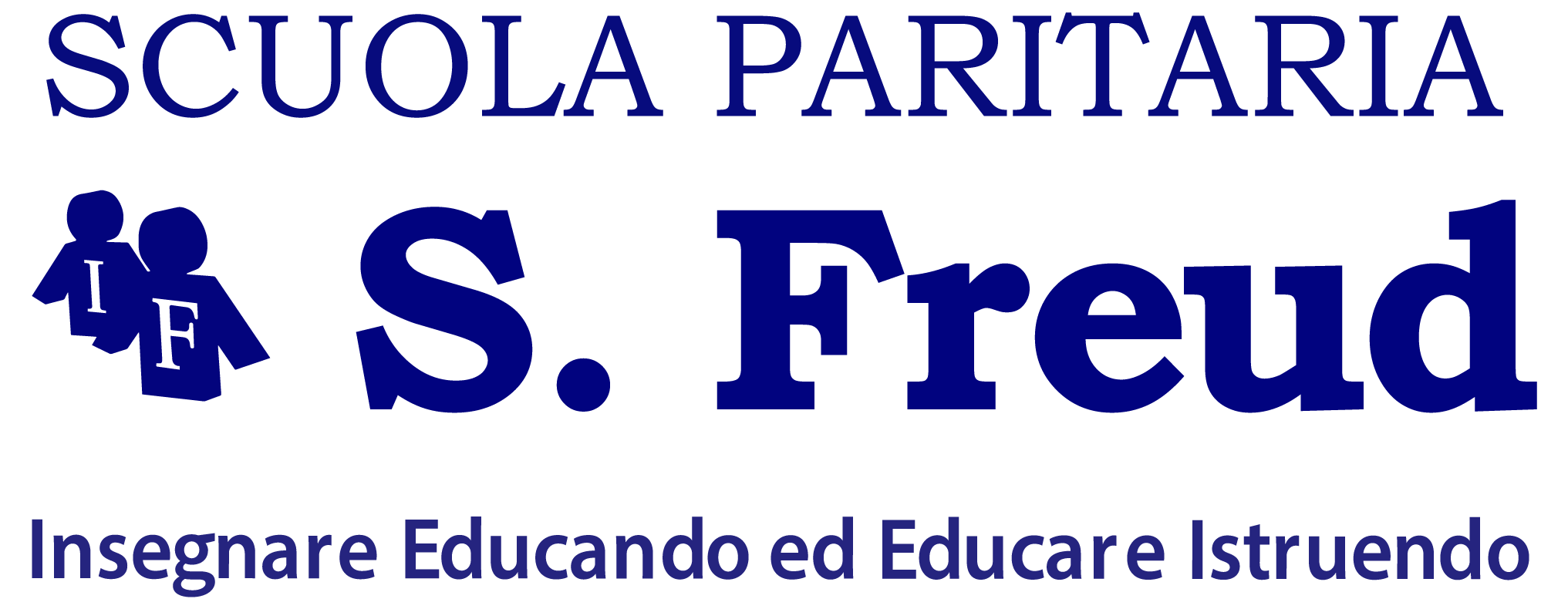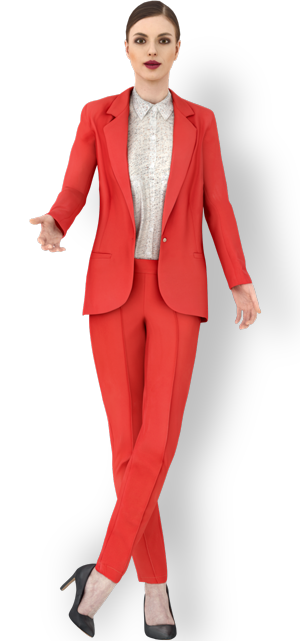Human Sciences High School- Socioeconomics
and Management
Enter
Decree on Equal Education N. 2684 Mechanographic Code: MIPMRI500E

Orientamento scolastico individualizzato
PROJECT THEATRE LABORATORY
“A Theatre Lapse”
Introduction:
The Theatre Laboratory is a useful instrument to let the single resources of young people emerge. All this within a protected recreational space opent to every form of expression. Therefore, it will be possible to be aware of its own abilities. The young person is "lead" to a new perception of himself within the world by means of exercises, physical and expressional plays addressed to a gradual process of self-help ( body and mind) in a space that is shared and lived together with "the others".
The primary objective of the Theatre Laboratory consists in establishing a close relationship between the participants and their physical and emotional sphere in order to discover the expressive potentials typical of young people. This project is mainly addressed to the young teenagers. This process will try to highlight the personality and emotional traits of this age. Their self-awarenes will be shaped in the assimilation and in the imitation of the anthropological models of the "other".
As a closing moment, the Theatre Laboratory takes into account a final performance acted by participants and addressed to the other classes.
Aims:
• Wellness of the students in the process of learning
• Cooperative learning
• Learning by doing
• Realization of a final product
Objectives:
• Exploration of its own body
• Exploration of the surrounding environment: my space, my shared space
• To listen to: myself, the other, the group.
• Cooperation in group work
• To improve the relationship with the other
Addressees : students of Istituto freud in Milan
Articulation of the course:
By means og theatre games and exercises, students have to explore the elements below:
• The body. Exploration of its own physicality and of its own ability of movement; greater consciousness of daily actions and discovery of new creative and expressional capabilities.
• The space. Exploration of the dimension occupied by the body and its related movement; measure of its own personal space by taking into account the space of the "others" and the space of the gropu; exploration of a shared space created and acted by a lot of people.
• The process of listening . Concentration on its own self-perception- individually or in groups-working on the attention of the person who is close to me; exploration of its own listening abilities by using the whole body; listening to the whole group.
• The group. Experiences of cooperative exercises, group improvisations and choruses ( even for the final work).
• The other. The exploration of the other in a recreational and expressional context, exploration of the new qualities concerning who is close to me, experience of cooperation and complementary exploration of the group components.
The different moments of the theatre work are articulated in the following steps:
I step
In the first step, participants have to make experience of their body without any form of inhibitions, in a protected environment devoid of any judgement; the receptive and communicative potentials of the body and of the voice- seen as instruments that connect us within and beyond the worls- will also be explored. From my space, from a shared space to the discovery of others, by exploiting all the body and the five senses, by looking for alternative ways, respect to the verbal communication to get to know who is a stranger to us.
There will be also theatre plays and exercises on the body and on the senses: discover the motion potentials of each person, modify the speed, study the space and the body in its interior; composition and relation plays with the others, exercises in pairs on the mirror and forms of syncronisation.
After having investigated the space and the body, you will try to deepen not only the physical istincts but also the emotional stimulus. What happened to my body in presence of a strong feeling? How can I recognize this feeling in the moment of its manifestation and how can I transmit it to others?
Thanks to the mimetic proceedings of the theatrical art, to the listening and understanding, the objective will consist in exploring our inner self, without the anxiety to respond to existential quests, but on the contrary by experiencing them, through the game and with the storytelling.
Approaches:
-Physical and vocal training
-Exercises and theatrical plays
-Plays of improvisational theatre by means of stimulus of the leader or by inspirations emerged in the group, but also musical stimulations connected to the chosen topic.
II step
By taking into consideration the group dynamics, the needs of the students and of their potentials, in the second step we continue the experience of the theatre laboratory that will be organized in two moments: u
-THE ROLE PLAYED BY EMOTIONS
The physical exercises are preparatory to work on the emotional sphere. At the beginning of each session there is a preliminary training of the body, that will bring to further personal sessions, in pair or in groups in order to explore its own feelings and emotions.
-FINAL WORK
At the end of the course there will be a final performace addressed to the families, to the classes and to the teachers of the school.
Through this working method you will be able to highlight the importance of the personal process and the group activities during the year. Theatre doesn't represent a simple instrument to create a final performance; every process has got its own result, it can't be decided in advance, but it has to emerge spontaneously from the experiences in the context of preparatory work.
SUBJECT MATTERS OF THE LABORATORY
First part:
- Presentation of the course
- The Theatre and its rules
- Round of introduction (to describe something you like doing and clarify your expectations concerning the stage work)
- Working on gesture
- Working on face expression
- Beginning of the work on physical and vocal training
- Beginning in a sharing circle: "The best thing happened in the week"
- Physical and vocal training by using different proceedings and by experiencing different levels of speed (from 0 to 10)
- Working on Statues (control, imagination and motionlessness)
- Beginning in circle. Sharing
- Consolidation of Training in its warm-up phase
- Working again on statues with different points of support and by cooperating (statues with more than a person)
- Working on statues in group for the creation of a theatre space (tableaux vivents)
- 1, 2, 3, 4, 5.. Good evening (Working on the meeting and on the voice )
- Circle of the imitation (equal action and reaction are equal; opposite action and reaction)
- Dancing Circle (working on music and on imitation)
- Training with your names in the space (cried out, whispered as a secret, for a self-inrtroduction and then replaced by a dramatical gesture( worrking on directions and on meetings)
- "I present myself as.." (Working on the theatre character)
- Working on theatrical approach in pairs and with music
- Working on the mirror
- Working on the puppets
- Working on clay statues
- Scenes performed in groups and improvisations (es: "Christmas for me", the advertising, "The zoo")
- Work in groups on musical scenes: the 4 seasons(difference by working with and without objects)
- Working on creating motions in group and then acted together
- Working on theatre puns in the circle
- Choice of the word of the year ( by yourself)
- Set of a target for your theatrical work and then testing of this goal
- Greater consolidation in training activities with group improvisations and working on Chorus and on its members
- Working on trust in pairs: to tell something you like doing or where you are good at and then improvisize to introduce your partner
- Vocal Training in circle
- Working on dramatic gestures- connected to emotions, such as anger, sadness, happiness- in the circle
- Game: 1,2,3 stella ( English 1, 2, 3 Footsteps) with statues
- Game: Hide and Seek ( at different speeds)
Second Part :
- Choice of the topic.
- Starting point: dreams, to grow up, Alice in Wonderland
- Improvisations
- Comparisons on the found material
- Beginning of the drafting of the writing text
- Rehearsals to build the scenes
- Distribution of roles
- Writing a monologue
- Rehearsals
- Choice of costumes and accessories
- Training in its warm-up phase
TALK WITH US

